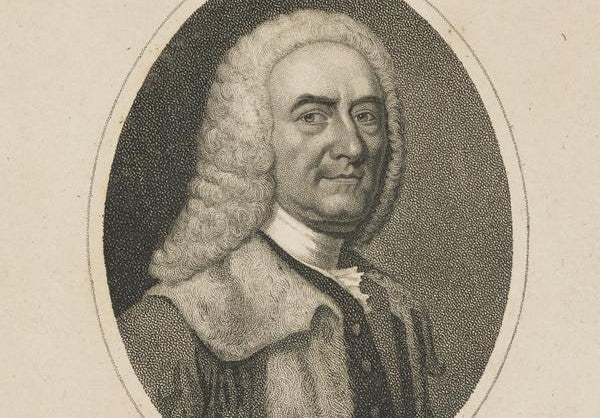Clan Crest & Coats of Arm, Clan Infomation
Clan Drummond Places & People
Clan Drummond People
Annabella Drummond (1350-1401)

Queen of Scotland through her marriage to Robert III. Mother of James I, and six other children.
Margaret Drummond (1472-1502)
With her sisters Sibilla and Euphemia, Margaret Drummond was allegedly poisoned in 1502. It was rumoured that her killers were nobles who knew James IV’s infatuation with her would prevent him marrying Margaret Tudor.
Further rumours suggested that far from being only his mistress from 1496, she was in fact his wife, married secretly, and the mother of a daughter to him. Her burial place is marked with a brass plate in Dunblane Cathedral.
William Drummond (1585-1649)
Laird of Hawthornden in 1609, William Drummond was among the ‘Castilean Band’ of poets. His works, written in English rather than his native Gaelic, include ‘Teares on the Death of Mellades’ the influential ‘A Cypress Grove’ , and the beautiful sonnet ‘For the Baptist’.
For King James’ 1616 visit to Scotland he published ‘Poems, Amorous, Funereall, Divine, Pastoroll in Sonnets, Songs, Sextains and Madrigals’. In 1913 the Scottish Text Society published his complete works, entitled ‘The Poetical Works’
George Drummond (1687-1766) – main image
Fought at the Battle of Sheriffmuir against the Earl of Mar. Later became the Lord Provost of Edinburgh six times. In 1745 he raised the First or College Company to keep the Jacobites out of Edinburgh. Many projects were established by him for the improvement of his city such as the New Town, the North Bridge and the Royal Infirmary.
Thomas Drummond (1797- 1840)

After studying at Edinburgh University, in the city of his birth, Drummond began working for the Ordinance Survey in 1820. To aid his work he designed an improved version of the Heliostat. He also found that burning lime in the oxygenated flame gave off a bright white light.
His ‘limelight’ became a popular illumination within the theatres.
He was in charge of the commission drawing up the boundaries for parliamentary constituencies in 1832. He became Under Secretary for Ireland in 1835, and died in Dublin a much loved man. It was Thomas Drummond who said ‘property has it’s duties as well as it’s rights’.
James Drummond (1816-1877)
James Drummond was an artist who was passionate about his country and painted many scenes from Scottish history, spending enormous effort on fine accurate details. His work, such as ‘The Porteous Mob’, exhibited in 1855 and ‘The Heart of Midlothian’, endorsed his position as a fellow of the Society of Antiquaries. In 1868 he was made Director of the National Gallery of Scotland.
Clan Drummond Places

Drummond Castle, Perthshire
Drummond Castle was initially a tower house built by John Drummond, 1st Lord Drummond of Cargill, beginning around 1490. The lands the castle was built on were granted to Sir Malcolm Drummond by King Robert I, after he distinguished himself at the Battle of Bannockburn in 1314.
The stronghold has undergone many alterations over the centuries, going from tower house, to castle, to the mansion house it is now, with magnificent terrace gardens, which were first put in by John Drummond, 2nd Earl of Perth, in the 1630s. Drummond Castle passed out of Drummond hands in the 19th century.

